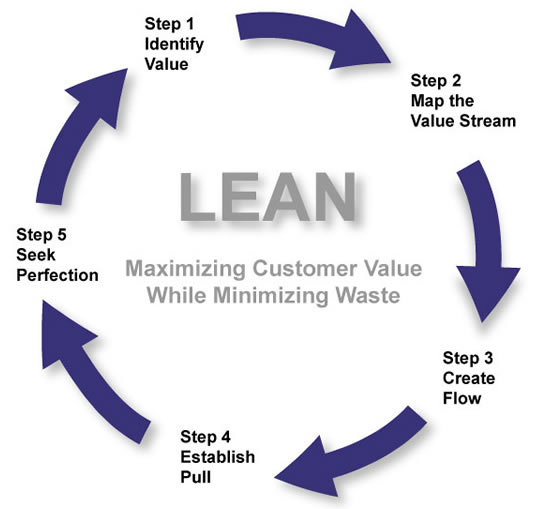Forex stands for Foreign Exchange Market and is where investors and traders make financial bets on currencies and their value. Just about every currency in the world is traded on the Forex because currencies must be exchanged so that business and foreign trade may be conducted. For example, if you live in Chicago and want to purchase cheese from France, either your company or you individually must pay for that cheese in Euros. This means that you, as the U.S. importer must exchange the sales amount of U.S. dollars into Euros.

XFR Financial explains that this same principle applies to traveling. If you are a French tourist traveling to Saudi Arabia, you cannot use Euros. You must exchange your Euros for the locally accepted currency. This will be done a the current exchange rate, something that the Forex market tracks very closely.
Currency exchange is one of the reasons that the Forex is the most liquid financial market in the world. As the largest financial trading platform, it truly dwarfs other markets, even the stock market. More than the value of $2B U.S. dollars is traded every day.
The is no central marketplace for the Forex, you can make any trade from XFR Financial. Currency trading is done digitally over-the-counter. This means that all trades are done via computers and networks instead of at one centralized exchange. Traders work behind a computer monitoring the exchange continually throughout the day. The Forex is open 24 hours a day, seven days a week and there is a great deal of money to be made.
Trading Currencies With XFR Financial
Currencies are traded everywhere in the world, and you can trade any currency via XFR Financial directly from your home. Primary financial centers are New York, London, Frankfurt, Zurich, Tokyo, Singapore, Hong Kong, Sydney, and Paris. Trading is constant since when an exchange in the United States closes, there is another opening in Tokyo or Sydney. This means the Forex market can be active all day long, with prices for currencies changing constantly.
A Huge Market – Forex
Corporations, institutions, and individuals trade on the Forex in three ways. These are the spot market, the futures market, and the forwards market. The spot market is the largest of these because it is the base upon which both the futures and forwards markets are based.
The spot market is the market where currencies are sold and bought at the current price. The price is dictated by supply and demand. Many factors impact the spot price, including economic performance, current interest rates, and even how people feel about certain political situations.
The futures and forward markets, unlike the spot market, do not conduct trades in the actual currencies. Traders in these markets deal in contracts which have a future settlement date.
In the futures market, contracts are sold and bought based on the public commodities markets. Futures contracts include specifics such as delivery and settlement dates, the number of units traded, and minimum prices. The futures exchange acts as a trader counterpart, providing settlement and clearance.
In the forwards market, contracts are bought and sold over-the-counter. The two parties involved in the transaction are who set the terms of the agreement.



